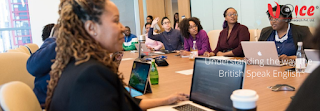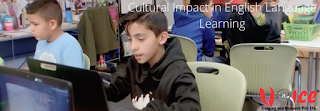Improving English Listening With Independent Study

There are those who prefer to study English alone and here are some tips to get better at listening. Study a little bit at a time. Only have a few minutes per day to study? Perfect. Believe it or not, that’s even better than having a lot of time to study. If you are someone with a habit of studying around 15-20 minutes a day instead of a few hours in one sitting, actually you are studying using the method of micro learning. Simply speaking, micro learning is dividing your task into very small tasks that can be done in about five minutes. For example, imagine that you’re trying to study the present perfect. You can micro learn it by dividing it into: 1. Affirmative sentences; 2. Negative sentences; 3. Questions; 4. Use; 5. Words that trigger the present perfect. This is just an example. You can divide your task the way you want, always trying to remember that every individual task should last five minutes at most. There are a lot of scientific studies that prove that...





